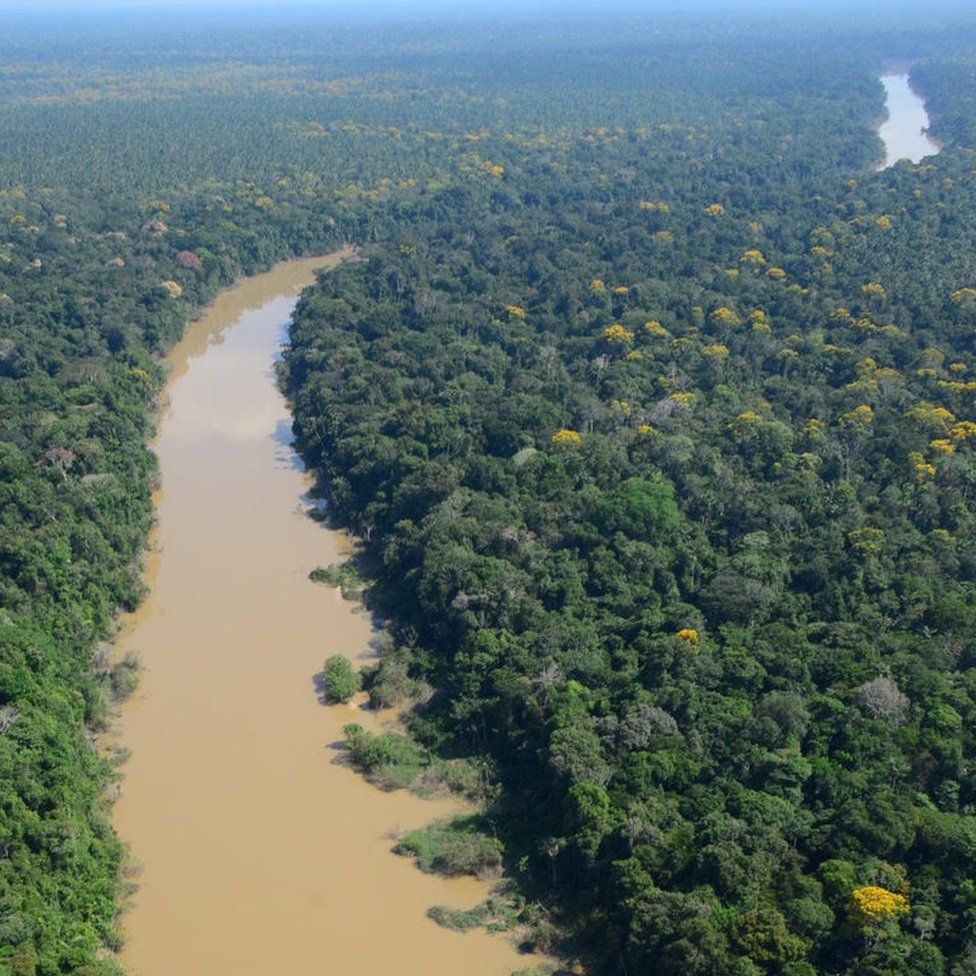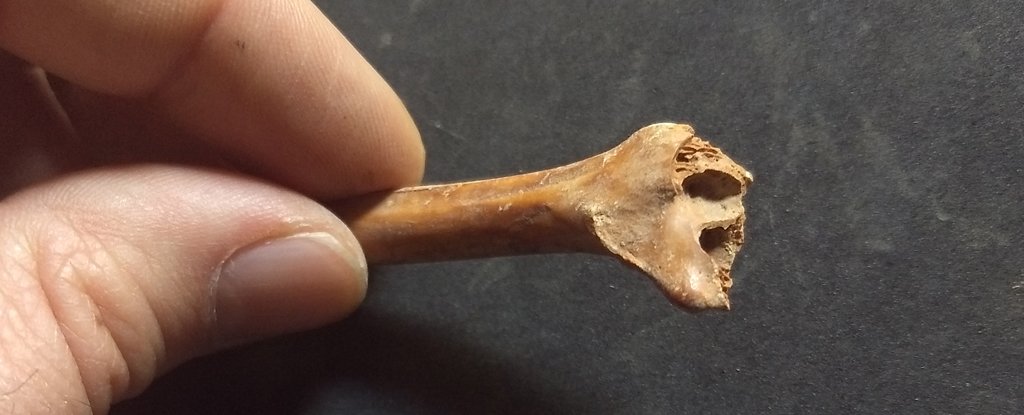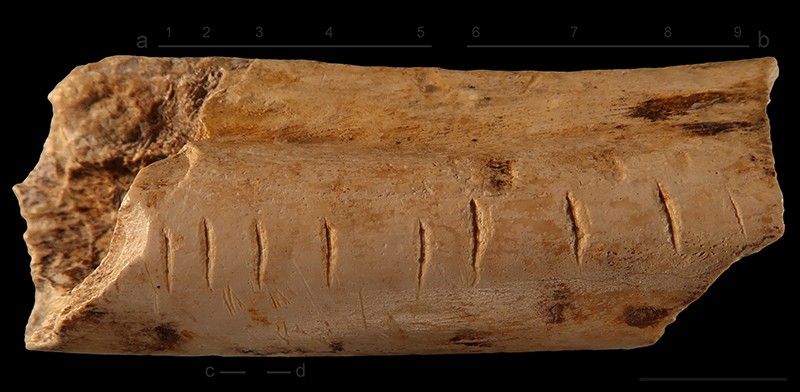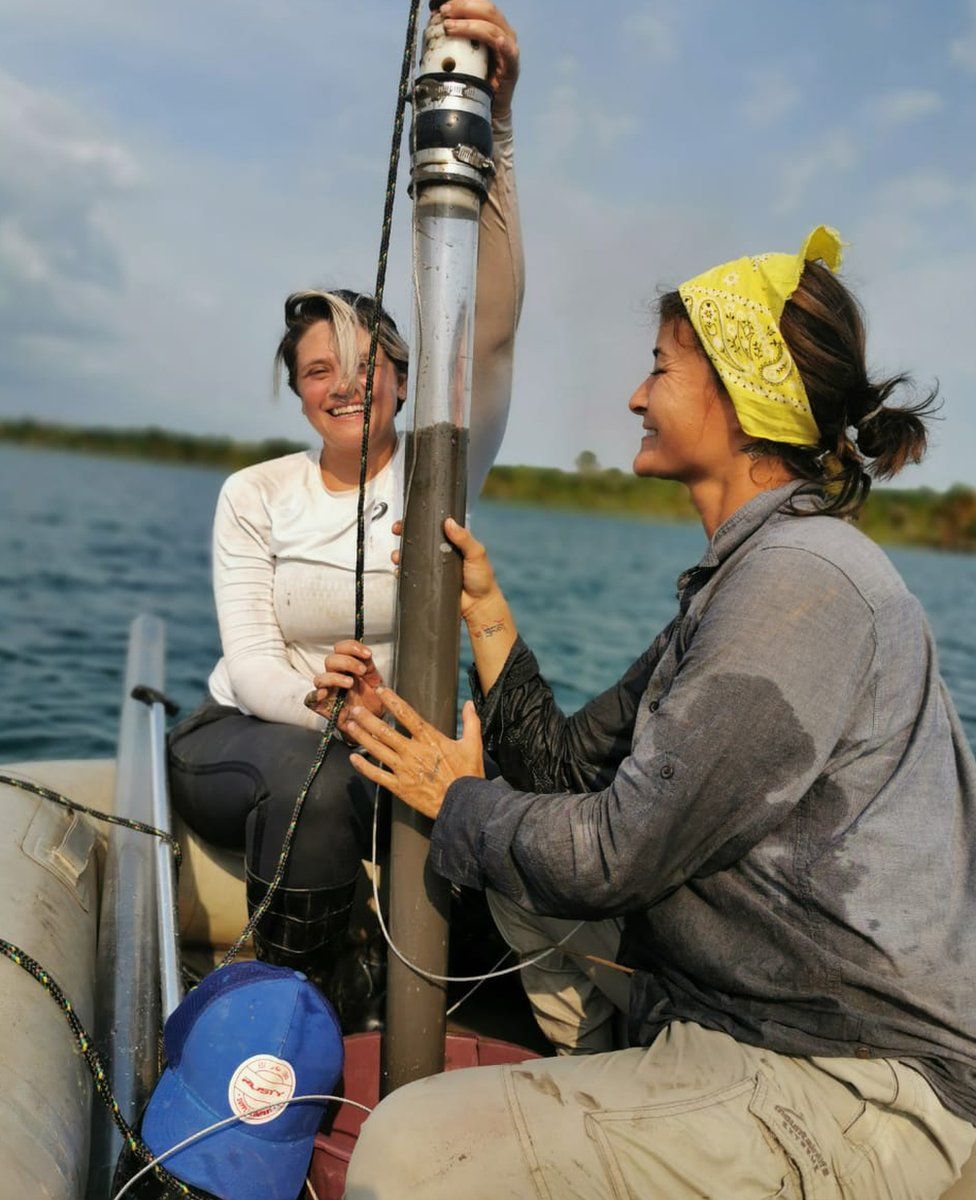News Desk

Astronomers have spotted a giant blinking star, 100 times the size of the sun, lurking near the heart of the Milky Way.

Researchers at Washington University School of Medicine have discovered that one small dose of NOS can improve symptoms of depression for up to two weeks.

The moon will partially cover the sun in the UK later this week, but some parts of the northern hemisphere will experience a total eclipse

A study that dug into the history of the Amazon Rainforest has found that indigenous people lived there for millennia with “causing no detectable species losses or disturbances”.

Knowledge of medicinal plants is at risk of disappearing as human languages become extinct, a new study has warned.

When we think of Antarctic exploration, the narrative is overwhelmingly white. Now, a new paper by New Zealander researchers suggests that the indigenous people of mainland New Zealand – Māori – have a significantly longer history with Earth’s southernmost continent.

Coxcatlan Cave in Mexico’s Tehuacan Valley is a time capsule like no other. Its dusty floor is a history book, its pages detailing thousands of years of food and technology of the land’s inhabitants.

It’s been a long, strange trip for psychedelics in the state of California, but that journey inched closer to legalization on Monday.

Scientists are proposing a new theory of human evolution. A groundbreaking new analysis of data suggests that key evolutionary changes in prehistory were driven by cyclical changes in tropical climate.

An international study led by UNSW researchers has mapped one of the most intact and complete dog genomes ever generated.

Archaeological finds suggest that people developed numbers tens of thousands of years ago. Scholars are now exploring the first detailed hypotheses about this life-changing invention.

Delicate prehistoric carvings of adult red deer, thought to be the oldest of their type in the UK, have been found in a tomb in one of Scotland’s most famous neolithic sites.

The center of the Milky Way is a strange and wild place. There dwells our galactic nucleus – a supermassive black hole 4 million times the mass of the Sun, a beast named Sgr A*. It’s probably the most extreme environment in our galaxy, dominated by Sgr A*’s gravitational and magnetic fields.

A burial mound in northern Syria has been identified by researchers as perhaps the world’s oldest known war memorial.

Scientists have been uncorking long, thin cylinders of soil from wetlands and riverbeds in an attempt to look back in time and understand the impact humans have had on nature. The results have made them radically rethink previous assumptions about when this started.

Former heavyweight champion calls psilocybin an ‘amazing medicine’.
Image from:Glenn Francis (Toglenn) (Wiki Commons)








